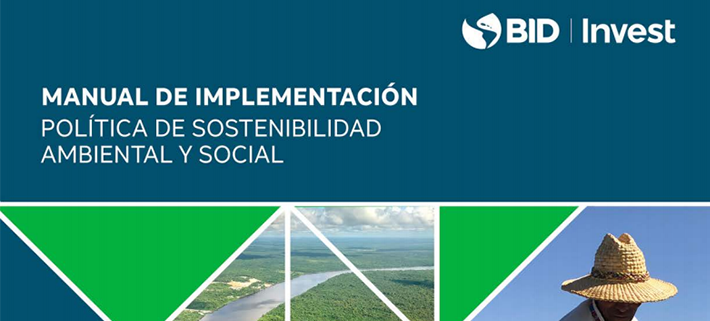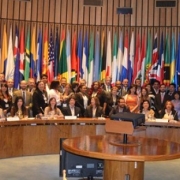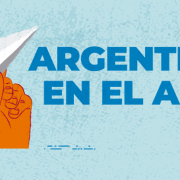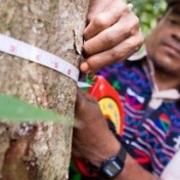IDB Invest presented a revised version of the Implementation Manual for its Sustainability Policy
Through a virtual session, on February 25, IDB Invest presented the latest revised version of the Implementation Manual for its Environmental and Social Sustainability Policy. The document is key to achieving a correct and effective implementation of the policy approved in April 2020 and which came into effect last December.
“Below, we offer a google translate version of the original article in Spanish. This translation may not be accurate but serves as a general presentation of the article. For more accurate information, please switch to the Spanish version of the website. In addition, feel free to directly contact in English the person mentioned at the bottom of this article with regards to this topic”
After being approved by the Board of Executive Directors on April 10, 2020, the new IDB Invest Environmental and Social Sustainability Policy came into effect on December 15. The latest revised version of the Implementation Manual for said policy was presented on February 25 through a virtual session in which more than 20 representatives of civil society organizations participated.
The new Implementation Manual is based on the Bank’s Sustainability Framework composed of the Sustainability Policy and the policies and standards that accompany it, such as the Access to Information Policy, the IFC Performance Standards, the MICI Policy, among others. The purpose of this Manual is to guide clients in their actions according to the different factors and environments that may arise, taking into account the principles and requirements of the IDB Invest Sustainability Framework. Also, the Manual addresses, in a general way, the activities that the project cycle contemplates and the accountability mechanisms that people and communities can access in case the project affects them.
On the other hand, it considers the risk factors that may occur or that already occur in the environment where the project is carried out. Among the topics and risk factors mentioned in the Manual are vulnerable groups, human rights, the inclusion and participation of stakeholders in the project, working conditions, among others.
An important advance is the incorporation of the Exclusion List that lists the activities that IDB Invest will not finance due to adverse environmental and social effects.
However, the application of the Manual is not mandatory for clients or the Bank since it constitutes rather a roadmap that contemplates the requirements of the Environmental and Social Sustainability Framework, and international good practices and lessons learned that clients may or may not apply. In addition, although it addresses the options available to the Bank in the event of non-compliance with the Sustainability Policy by its clients, there is little precision regarding the manner and requirements in which these options would be applied.
In this way, it remains to be seen if this manual ends up being really effective in filling the gaps left by the Sustainability Policy in force. Key to this will not only be a strong commitment on the part of the Bank and its clients, but also a work of monitoring and follow-up to the effective implementation of the policy by civil society.
More information
Contact
Gonzalo Roza, gon.roza@fundeps.org








